
Environment
Liverpool works to tackle ‘laughing gas’ misuse as concerns grow
3 years ago
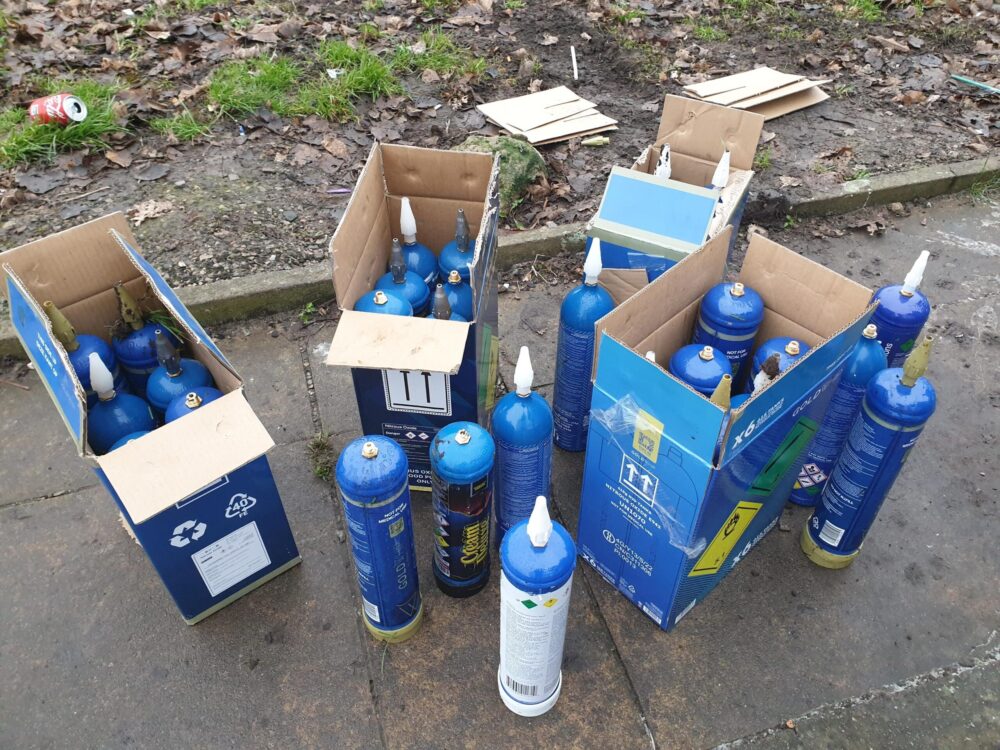
Liverpool City Council is working to tackle the issue of Nitrous oxide (laughing gas) misuse after links to anti-social behaviour and littering in the city – alongside a growing impact to health and the environment.
Nitrous oxide (laughing gas) is traditionally used for pain relief in medical settings, but the gas is also widely available to purchase online. The buying and selling for non-medical use is however intended for legitimate use in food production, such as freezing food.
The government recently announced proposals – which if approved – would see a ban on the sale and possession of Nitrous oxide after links to antisocial behaviour and criminal activity.
Liverpool’s City Watch team are collecting hundreds of used cannisters each week, causing a significant littering problem, with the clean-up costs running into thousands – and having to be absorbed by residents.
The team are also witnessing an increase in drug use, drug dealing, and drug driving at locations across the city linked to the gas – and this intelligence is being shared with Merseyside Police.
Alongside the anti-social behaviour aspect, there is also real concerns about the impact to health and the environment.
The latest data from the ONS suggests Nitrous oxide is now the second most popular drug (behind cannabis) among 16 to 24-year-olds, and a recent study found that the gas is now considered more harmful than other recreational drugs such as poppers when it came to drug dependency.
Exposure to the gas – which is usually inhaled through balloons, or in many cases direct from the cannister itself, can lead to health conditions like anaemia and infertility. Cases of life-changing nerve damage, such as paralysis, has also been reported.
The aftereffects are known to make people faint, lose consciousness, or even suffocate. People have also reported feelings of anxiety and depression after use.
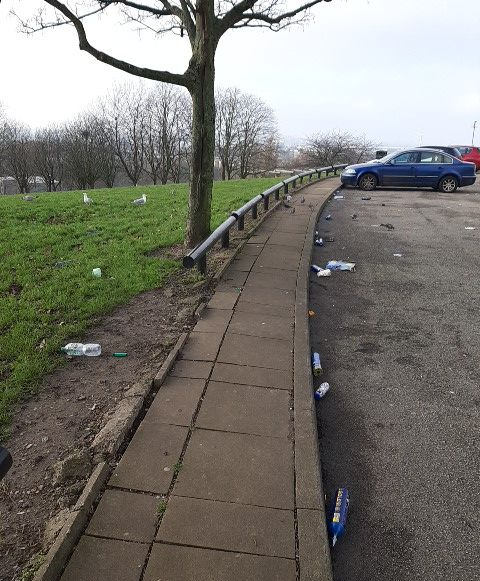
Nitrous oxide is also more harmful to the climate than carbon dioxide, and it is steadily increasing in the atmosphere – so the ‘party drug’ is also leaving its mark on the environment.
Cabinet Lead for Neighbourhoods and Mayor of Liverpool Joanne Anderson said:
“Although Nitrous oxide isn’t currently illegal in the UK, we would welcome changes to the law due to the widespread impact it’s having on our communities.
“Not only are local residents having to witness anti-social behaviour, but the impact it’s having on the health and wellbeing of our young people is really worrying.
“Ahead of Government plans being announced, we were already looking at how we could make changes locally – such as the introduction of a PSPO (Public Spaces Protection Order) or by enforcing stricter rules on buying canisters from local traders.”
Director of Public Health Professor Matthew Ashton said:
“The health impact on our young people could be significant, including impairment of mental function, so something that people are doing for fun could literally be ruining their future lives.
“Local latest data tells is that hospital admissions from substance misuse in young people aged 15-24 is twice the national average, and with the misuse of Nitrous oxide now on a scale not seen before in the city, Public Health officials want to work with enforcement colleagues and the police to not only tackle the immediate issue, but to also help educate and inform young people of the real risks of Nitrous oxide.”




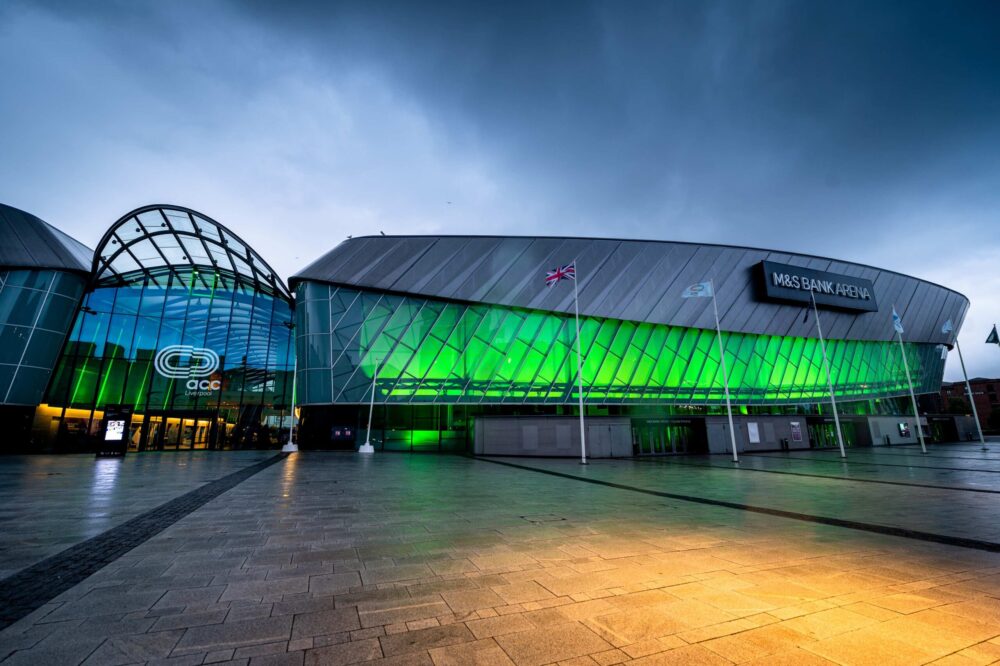
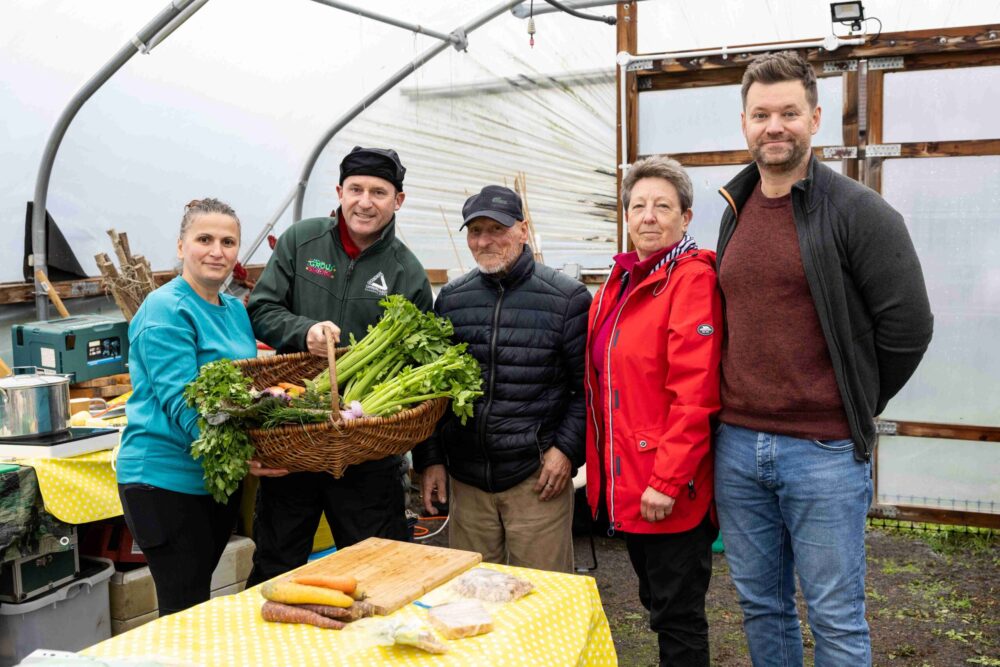

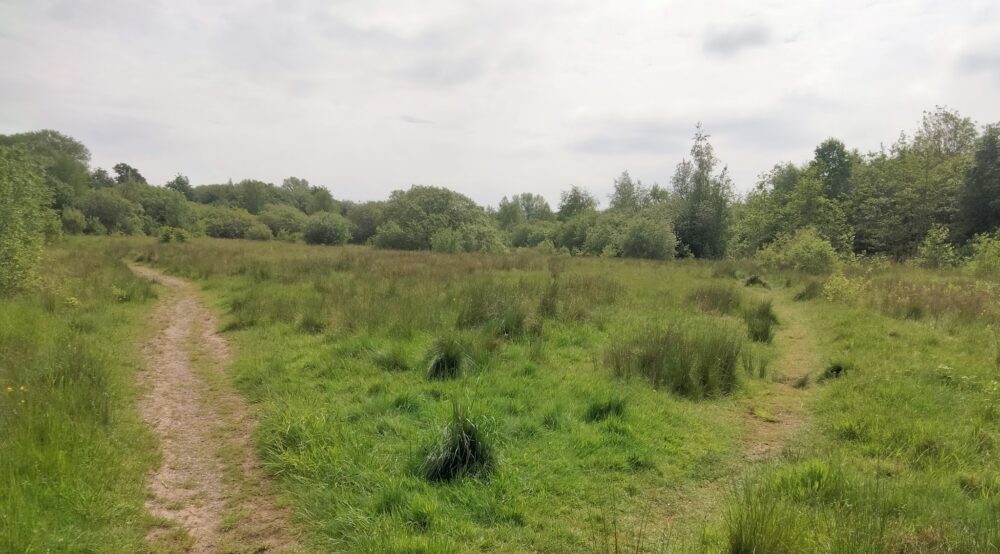
 Subscribe
Subscribe Follow Us
Follow Us Follow Us
Follow Us Follow Us
Follow Us Follow Us
Follow Us Follow Us
Follow Us











